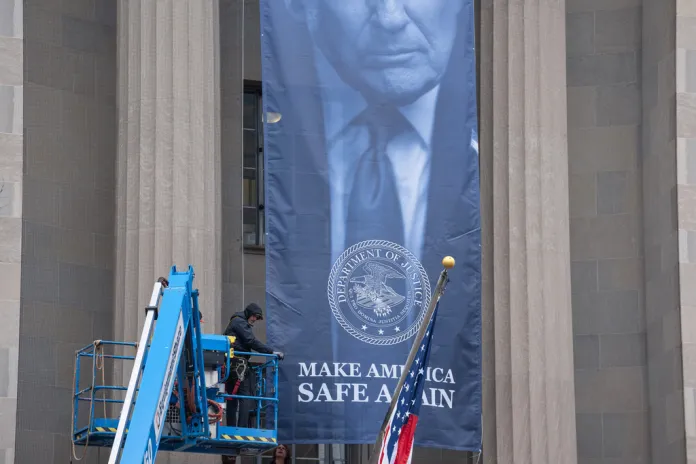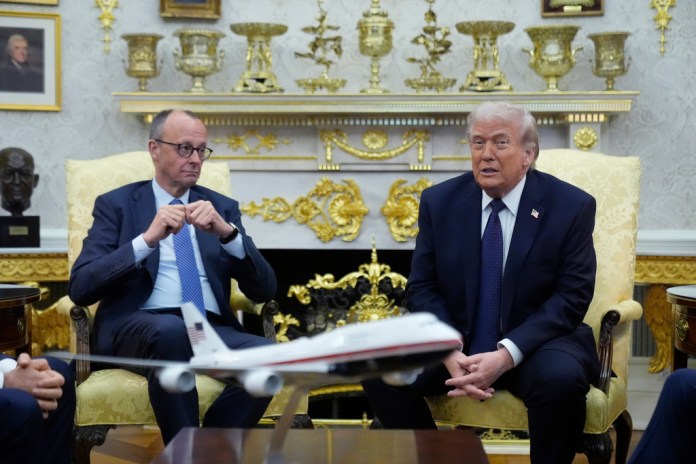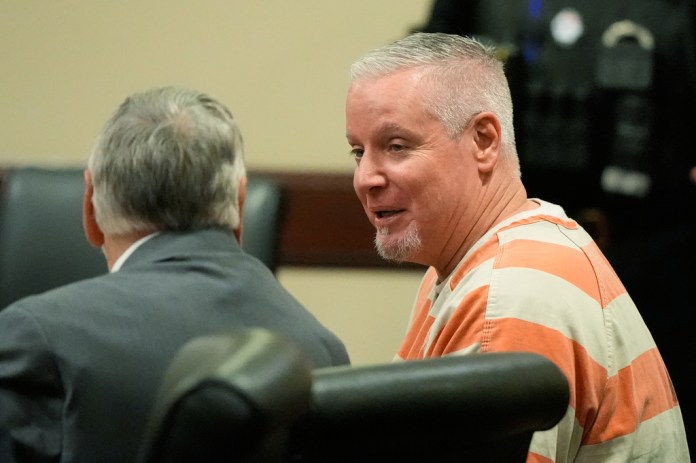Trump asks appeals court to overturn hush money conviction
Former President Donald Trump has requested an appeals court to overturn his recent conviction in the New York hush money case, marking his latest effort to remove his felony status. His legal team argues that the Supreme Court’s ruling on presidential immunity, issued shortly after his conviction, should prevent the use of evidence tied to his official presidential acts. additionally, Trump has petitioned for the case to be transferred from state to federal court, possibly paving the way for Supreme Court review, where rulings have generally favored him.
Trump was convicted in May 2024 on 34 counts of falsifying business records related to hush money payments to Stormy Daniels. His lawyers claim multiple trial errors occurred,including problematic jury instructions that violated his right to due process. A key contention involves the prosecution failing to specify clearly the “second crime” underlying the falsified records, which was narrowed during the trial to a New York election law violation without clarifying the exact statute violated. Trump’s team argues the jury was improperly allowed to convict without unanimous agreement on the unlawful means alleged, leading to what they describe as a flawed verdict.
Trump asks appeals court to overturn hush money conviction
President Donald Trump asked an appeals court on Monday to overturn his conviction in the New York hush money case, marking his latest attempt to erase his felon status.
In court filings, Trump’s legal team cited the Supreme Court’s ruling on presidential immunity, issued shortly after the jury convicted Trump in the hush money case, as a reason for the appeals court to throw out the conviction. The high court’s ruling means prosecutors should have been barred from using evidence connected to Trump’s “official” acts as a president in the case against him, lawyers argued.
Trump also urged a federal appeals court to transfer the New York state criminal case to federal court. It’s similar to the president’s move over the summer, when his lawyers urged a federal appeals panel to move the hush money case. Such a change could open up the pathway for the Supreme Court to hear the case, which could be friendlier territory for the president, as the court has ruled largely in his favor on presidential immunity.
Trump became a felon in May 2024 when a Manhattan jury found him guilty of falsifying records connected to a hush money payment to porn star Stormy Daniels. The president was convicted on 34 counts of falsifying business records to conceal an alleged second crime that he had already committed.
The president’s legal team has argued the conviction should be scrapped partly because of allegations that several errors were made throughout the trial, including with Judge Juan Merchan’s instructions to the jury, which they believe violated Trump’s right to due process.
One of the mistakes some legal critics believe was committed during the trial involved allegations that the New York district attorney’s office, led by Alvin Bragg, never committed itself to what the second crime was. Rather, his office theorized that the crime could have been a New York tax violation, a federal campaign finance violation, or a New York election law violation.
During the trial, the prosecution narrowed the “second crime” to the third theory, accusing Trump of “conspiring to promote or prevent the election of a person through unlawful means.” While the New York election law violation is itself a two-part crime, meaning it depends on the violation of another statute, the prosecution never clarified what the underlying statute was.
TRUMP INCREASES TARIFF ON CANADA AFTER REAGAN AD RE-AIRS
Trump’s legal team wrote in court filings on Monday that the case should be tossed due to concerns that the jury convicted Trump “without unanimously agreeing on what those ‘unlawful means’ actually were.”
“Instead, the court permitted the jury to convict if some jurors believed only that President Trump had conspired to violate FECA, while others believed only that he had conspired to help others commit tax fraud, and still others believed only that he had conspired to help others make false statements to a bank,” court filings read. “Due process and Section 17-152 do not permit a conviction based on such a haphazard ‘combination of jury findings.’”
" Conservative News Daily does not always share or support the views and opinions expressed here; they are just those of the writer."




